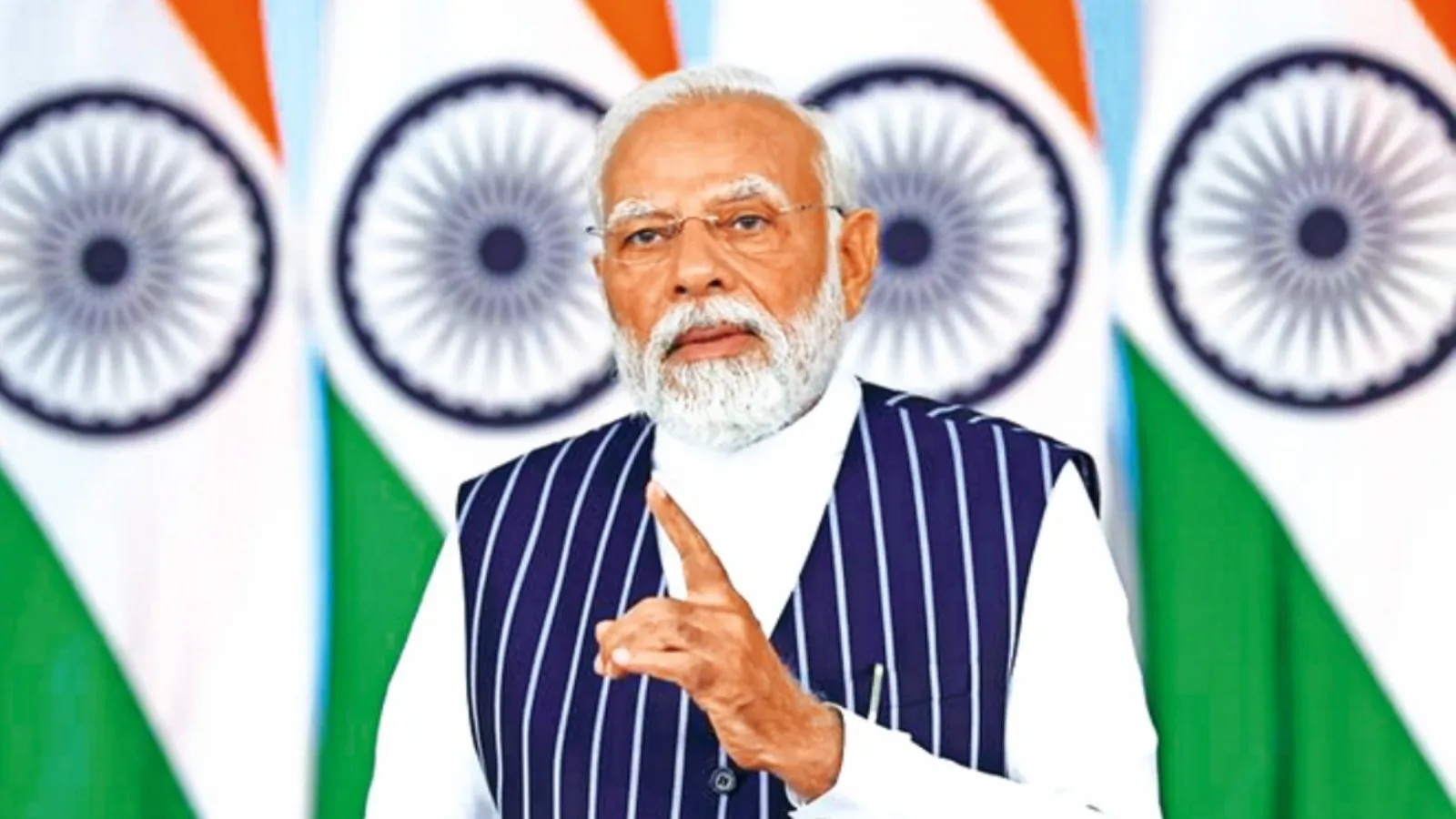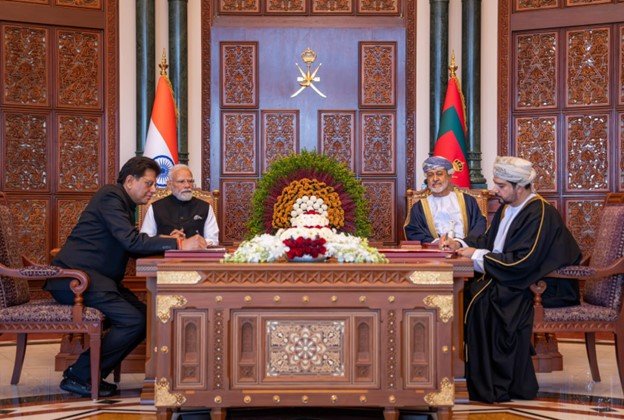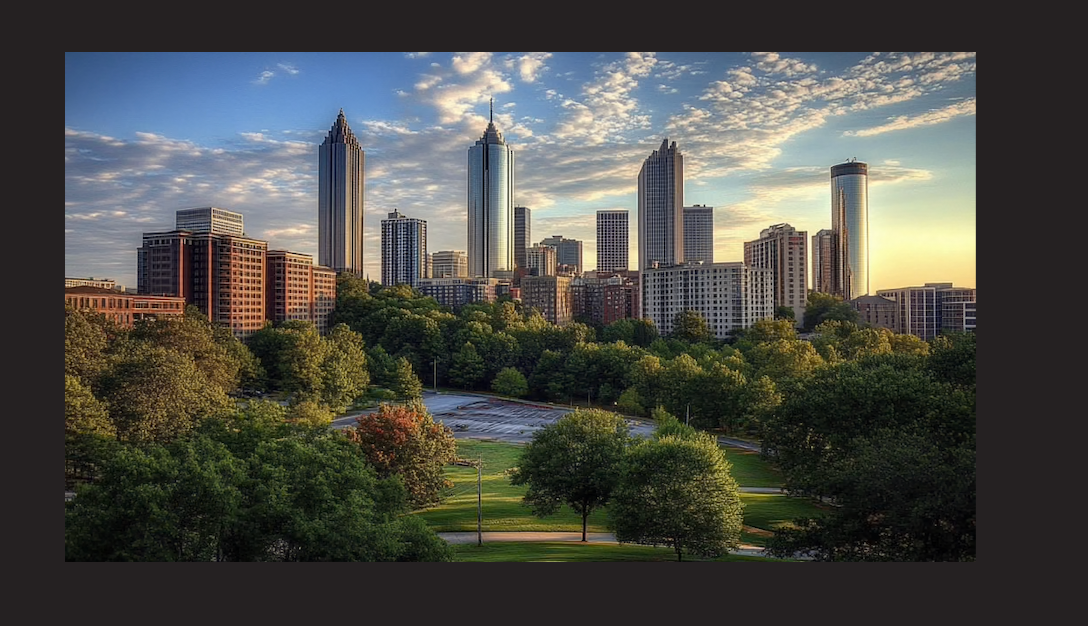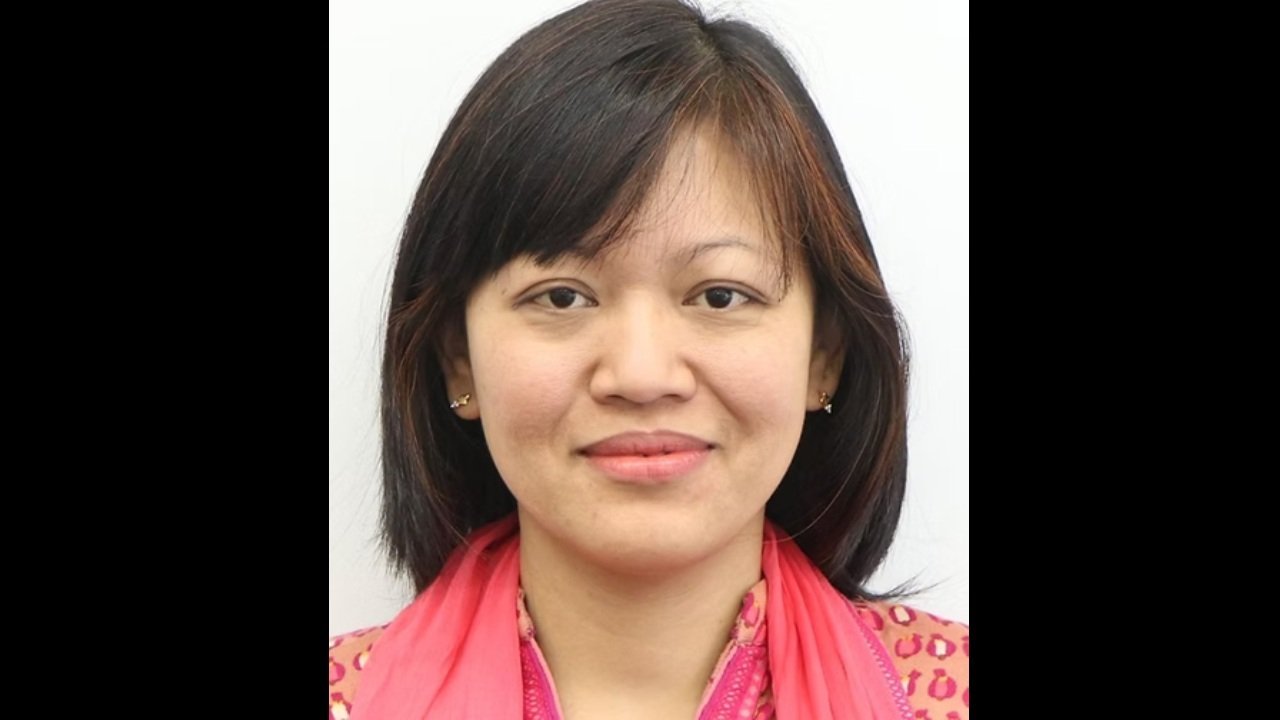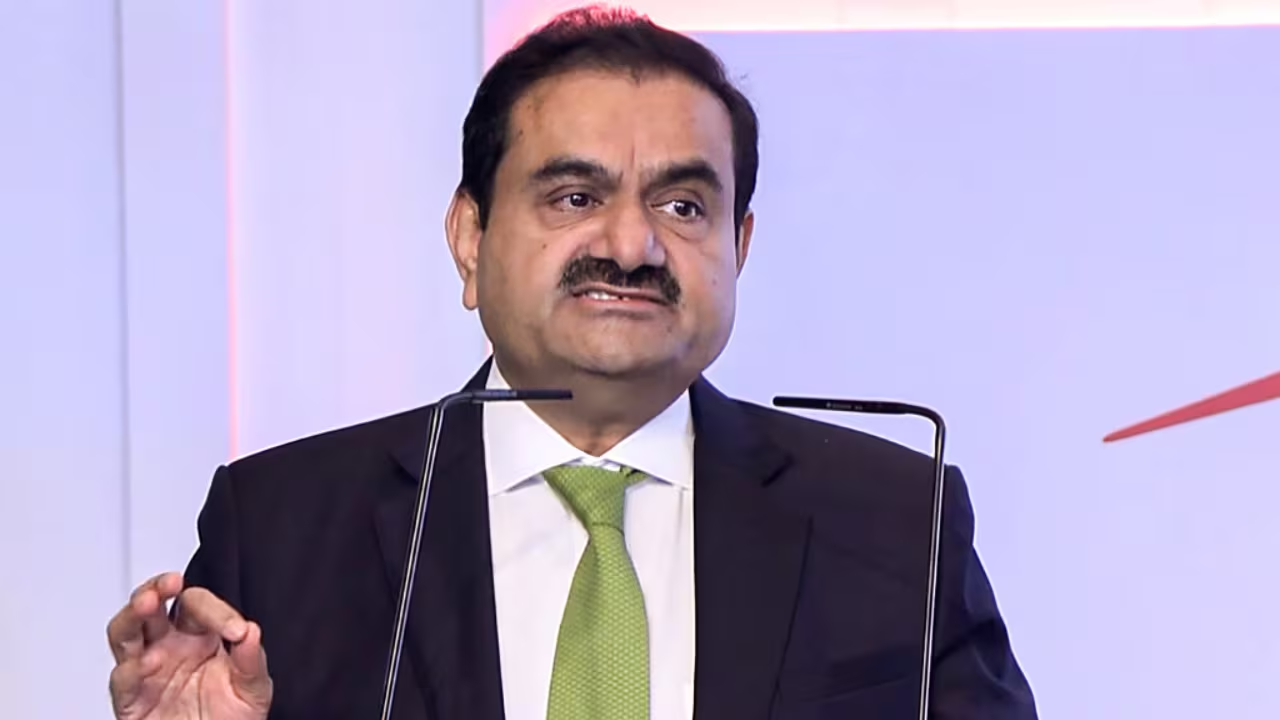A Look Back at 2024: India’s Dynamic Foreign Policy Growth
As 2025 begins, it’s time to reflect on India’s remarkable strides in foreign policy throughout 2024, marking a year of significant diplomatic engagement and global recognition. From major international awards to substantial policy initiatives adopted globally, India showcased its leadership role on the world stage, reported timesofoman.com.
India’s Foreign Policy in 2024 focused on cementing its leadership role globally, navigating complex regional dynamics, and expanding its global reach through strategic partnerships.
2024 was a pivotal year for India’s foreign policy, with Prime Minister Modi leading the charge in expanding India’s diplomatic footprint. His re-election for a historic third term marked the beginning of enhanced regional cooperation. The presence of South Asian leaders at his inauguration reinforced India’s commitment to its ‘Neighbourhood First’ and ‘SAGAR Vision’. In his address, PM Modi highlighted the importance of deepening ties in the region while aiming for a prosperous future with a ‘Viksit Bharat’ by 2047.
-
A critical diplomatic achievement came in the form of an agreement with China to ease tensions along the Line of Actual Control (LAC). After a five-year hiatus, PM Modi met President Xi Jinping in Kazan, Russia, focusing on border peace and stability
-
Meanwhile, India’s consistent stand on Pakistan reaffirmed the stance that “talks and terror can’t go hand in hand,” with External Affairs Minister S. Jaishankar making it clear that Pakistan must change its behavior for improved ties
In South Asia, the political turmoil in Bangladesh escalated in 2024, following violent protests that led to the ousting of Prime Minister Sheikh Hasina. India voiced its concerns over religious minority safety, particularly Hindus, and called on the interim government to uphold their protection. India’s diplomatic support for Bangladesh’s stability remained strong, despite the internal challenges.
Meanwhile, Bhutan’s ties with India continued to flourish, with PM Modi being awarded Bhutan’s highest civilian honor, the Order of the Druk Gyalpo. India’s efforts in Bhutan were celebrated through projects such as the Gelephu Mindfulness City. Relations with the Maldives, on the other hand, faced initial challenges with the arrival of a new administration under President Muizzu. However, persistent diplomacy allowed for the restoration of cooperation, particularly through economic support and agreements between the two nations.
India’s engagement with the Middle East also reached new heights. PM Modi’s visits to the UAE, Qatar, and Kuwait resulted in significant economic and cultural milestones, such as the inauguration of the BAPS Hindu Mandir in the UAE and the launch of the Bharat Mart in Qatar. A diplomatic victory came with the remission of death sentences for Indian naval officers in Qatar, highlighting India’s growing influence in the region.
Expanding Horizons: Global Leadership
India’s footprint continued to grow in Latin America and Africa. President Droupadi Murmu’s visits to Algeria, Mauritania, and Malawi marked the first-ever trips by an Indian head of state to these nations. PM Modi’s outreach to South American countries, including Brazil and Guyana, underscored India’s global expansion. In Guyana, Modi received several national honors, deepening ties with the region.
In Southeast Asia, India’s Act East Policy remained a cornerstone of its diplomacy. PM Modi reaffirmed India’s commitment to ASEAN during the summit, emphasizing the importance of connectivity and resilience. The ASEAN-India trade partnership was particularly strong, with a 10-point plan for cooperation introduced, covering science, technology, and disaster resilience.
India’s ties with the United States remained robust, with major agreements on semiconductors and drones. PM Modi participated in the Quad Summit in Delaware, reinforcing the group’s commitment to global good and regional security. Despite concerns over the assassination attempt on Khalistani terrorist Gurpatwant Singh Pannun, India maintained strong relations with Washington.
Russia-Ukraine Diplomacy: A Defining Moment
One of the most significant moments in India’s foreign policy came with PM Modi’s visits to both Russia and Ukraine. His visit to Moscow highlighted India’s longstanding friendship with Russia, reinforced by receiving Russia’s highest national honor, the Order of St. Andrew. Modi also visited Kyiv, becoming the first Indian PM to do so during the ongoing conflict. He reiterated India’s position of peace and diplomacy, offering India’s support in resolving the war through dialogue. The delivery of four BHISHM (Bharat Health Initiative for Sahyog Hita & Maitri) Cubes to Ukraine showcased India’s commitment to humanitarian aid.
Cultural and Economic Diplomacy
India’s cultural influence spread further in 2024. PM Modi’s visits showcased Indian culture, such as the ‘Phra Lak Phra Ram’ performance in Laos and the growing popularity of Kabaddi in countries like Poland. Cultural exchanges, like the Holy Relics of Lord Buddha sent to Thailand, also played a significant role in strengthening India’s ties worldwide.
On the economic front, India’s digital infrastructure gained international recognition, with UPI expanding to countries like the UAE, Mauritius, and Sri Lanka. PM Modi’s launch of UPI services in these countries bolstered India’s soft power and presented new avenues for economic growth.
Global Leadership: A Year of Recognition
India’s leadership at global forums was evident in 2024. From hosting the G20 Presidency to advocating for global reforms at the UN, India’s voice was heard across multiple platforms. PM Modi called for the inclusion of the Global South in key decisions and emphasized the role of India in driving sustainable development, such as through the International Solar Alliance.
India’s foreign policy in 2024 was characterized by strategic diplomacy, regional partnerships, and global leadership. PM Modi’s visits, both bilateral and multilateral, positioned India as a key player in global geopolitics. Despite challenges, particularly in Bangladesh and China, India’s approach of ‘thinking big, long, and smart’ promises continued progress in the years ahead.
***********************************************************
Readers
These are extraordinary times. All of us have to rely on high-impact, trustworthy journalism. And this is especially true of the Indian Diaspora. Members of the Indian community overseas cannot be fed with inaccurate news.
Pravasi Samwad is a venture that has no shareholders. It is the result of an impassioned initiative of a handful of Indian journalists spread around the world. We have taken a small step forward with the pledge to provide news with accuracy, free from political and commercial influence. Our aim is to keep you, our readers, informed about developments at ‘home’ and across the world that affect you.
Please help us to keep our journalism independent and free.
In these difficult times, running a news website requires finances. While every contribution, big or small, will make a difference, we request our readers to put us in touch with advertisers worldwide. It will be a great help.
For more information: pravasisamwad00@gmail.com

